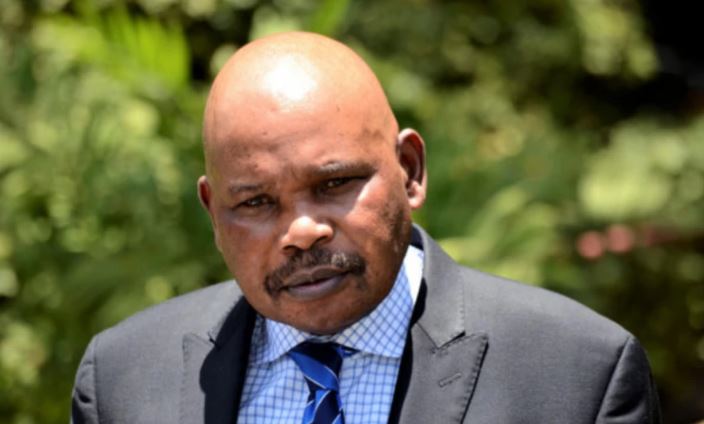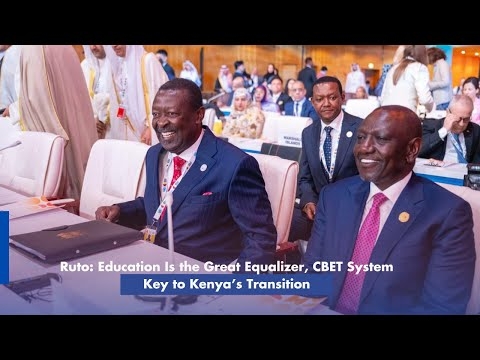
The panel of experts on compensation for victims of demonstrations and public protests has finally been sworn into office and is expected to begin its work. This is happening amid both high expectations and significant doubts, even as the various legal questions surrounding its operations await clarification by the judiciary.
I speak of expectations because victims of police brutality—those suffering lifelong injuries, loss of livelihoods, and families mourning loved ones—are hopeful for long-overdue justice. I also refer to doubts arising from the potentially narrow approach to reparations, given that Kenya has many victims of human rights violations beyond police brutality. These include alleged political assassinations, torture, extra-judicial executions and land injustices.
All these are well-documented in the Truth, Justice, and Reconciliation Commission report, submitted to the President on May 21, 2013, after the commission concluded its work that began in 2008. While the panel may not provide comprehensive reparations, many Kenyans are guided by the adage, “a bird in hand is better than two in the bush.”
The Panel of Experts’ mandate may appear simple, as it focuses specifically on victims of police brutality. However, this group has endured some of the worst violations, committed by the very institution (the police) responsible for their protection.
It is therefore imperative that the panel approaches its task with diligence and integrity. The Panel’s work should extend beyond mere compensation to include ensuring police accountability and non-repetition of such violations, which have persisted since the pre-independence era despite repeated reform efforts.
This is not the first time Kenya has sought to compensate victims of state actions or omissions. The country previously undertook compensation programmes for victims of the 2007-08 post-election violence, Mau Forest evictions, and Embobut Forest evictions, among others.
A recurring weakness in these processes has been a lack of transparency and accountability. Reports of compensation being diverted to non-victims, often relatives or associates of political elites, have been widespread.
To avoid repetition of these injustices, the panel should establish clear objectives and verifiable criteria for identifying genuine victims and set up an independent complaints mechanism to handle grievances that will inevitably arise from a process of this scale.
The panel’s success depends on strong collaboration and coordination with both state and non-state actors. These partners have played critical roles in the documentation of cases, legal advocacy, and public awareness.
However, effective collaboration must be structured and institutionalised, not ad hoc. This can be achieved through memoranda of understanding and the creation of dedicated partnership units for coordination. Any perception of exclusion or bias among stakeholders would undermine the credibility of the process.
Given the public importance of this exercise, strategic and transparent public engagement will be vital. This should include the development of clear operational guidelines, timely public communication, and responsive feedback channels for inquiries.
Notably, the Gazette Notice’s provision of 120 days for the panel’s term appears inadequate for delivering credible results. Comparable efforts, such as the Ransley, Kriegler, and Maraga task forces, required at least six months even to produce preliminary findings.
The panel should proceed with its mandate once the courts have resolved the legal questions surrounding its establishment. Nonetheless, addressing deep-rooted police impunity demands much more than task forces or executive directives. It requires steadfast implementation of the constitution in its entirety, not just Chapter 14 on National Security, but across all its provisions that uphold accountability, justice, and human dignity.
In conclusion, the success of the panel of experts will not be judged merely by the number of victims compensated, but by whether its work restores faith in justice, strengthens accountability, and marks a genuine break from Kenya’s long history of impunity.
Assistant Director at the Kenya National Commission on Human Rights. [email protected]

















